Mackesy P. The War for America, 1775-1783
Подождите немного. Документ загружается.


page_445
file:///C:/Users/User/AppData/Local/Temp/Rar$EX01.335/The%20War%20for%20America%20%201775-1783/files/page_445.html[1/17/2011 2:28:08 PM]
< previous page page_445 next page >
Page 445
been rewarded with the Vice-Admiralty of Great Britain in succession to Hawke. Down he went to Portsmouth
carrying Admiralty orders to sail at once with whatever was ready. Of the ten ships under his command he found
four ready at Portsmouth, and two more were waiting at Plymouth to join him.1
1 G 3452; Adm. 2/1340, f. 128; Mundy, II, 169.
< previous page page_445 next page >
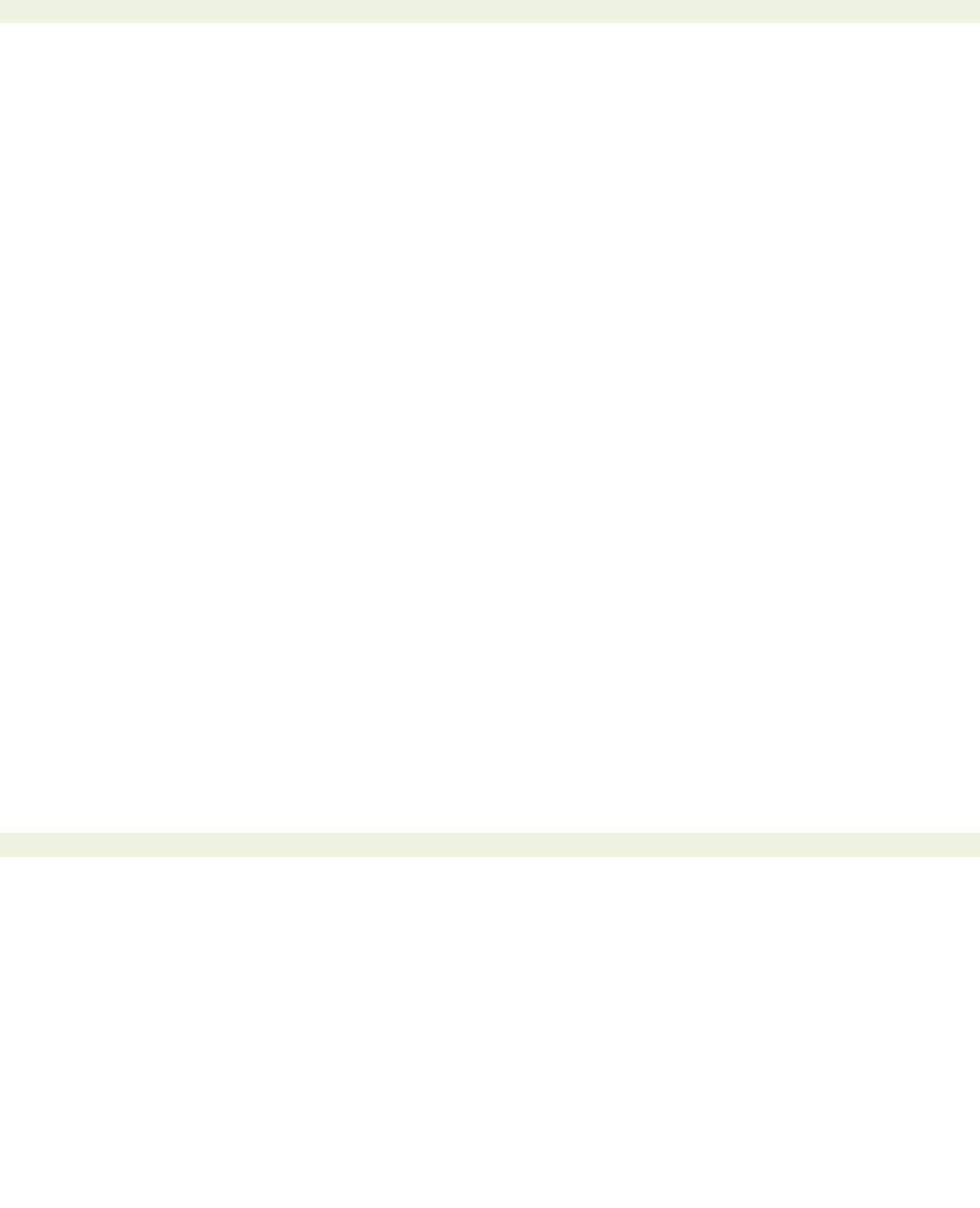
page_446
file:///C:/Users/User/AppData/Local/Temp/Rar$EX01.335/The%20War%20for%20America%20%201775-1783/files/page_446.html[1/17/2011 2:28:09 PM]
< previous page page_446 next page >
Page 446
Chapter XXVI
The Ship Afloat
1
Rodney Away
From Portsmouth Rodney sent Germain his usual tirade against the dockyard: 'the backwardness of everything, the
slowness of their motions astonishes me'. He lamented that Kempenfelt's squadron had not been ordered to
accompany him to the West Indies and return to Europe in time for the next summer's operations.1 Here his
egoism had twisted his judgment. Kempenfelt's ships were not stored and victualled for foreign service; and had
they been kept in port and prepared to accompany Rodney, they would not only have missed Vaudreuil in the Bay
of Biscay, but could not have been home and re-equipped till very late in the next year's European campaign. But
Rodney's suggestion was scarcely made when Kempenfelt, far out on the wintry seas fifty leagues from Ushant,
sighted the enemy convoy.
The French put to sea on 10 December. There were only five ships of the line for the West Indies and two for the
Indian Ocean; but they were escorted by the twelve with which Guichen was to join the Spaniards off Gibraltar.
Together these made nineteen fully armed ships of the line instead of the expected fourteen; and Kempenfelt had
only twelve of the line and a fifty. He sighted the enemy on the 12th, forming a line of battle on his lee bow. But
by negligence for which Guichen afterwards tendered his resignation, the French battle fleet was stationed to
leeward of the convoy. Kempenfelt grasped the enemy's mistake and swooped under full sail on the defenceless
transports. Fourteen prizes were taken out of the 100 enemy sail, and five more coming out from Bordeaux to joint
the convoy were added later by the Agamemnon. The next day a frigate reconnoitred the whole French line from
just out of gunshot, and her report of its strength convinced Kempenfelt that no more could be done. Detaching a
fireship to the Leeward Islands with a warning for Hood, he returned to harbour.
The Ministry was much criticised for sending out so small a force. In private Middleton, and in Parliament Howe
and Keppel, declared that if Rodney's ships and perhaps the squadron preparing for India had gone out with
Kempenfelt, he could have decided the fortunes of the war in the Bay of Biscay. But it is far from clear that this
could have been done. One or at most two ships might possibly have been spared from the Downs, though
1 Sackville, II, 215 (a favourite theme with Rodney: see, ibid., 2056).
< previous page page_446 next page >

page_447
file:///C:/Users/User/AppData/Local/Temp/Rar$EX01.335/The%20War%20for%20America%20%201775-1783/files/page_447.html[1/17/2011 2:28:09 PM]
< previous page page_447 next page >
Page 447
till the end of November the Dutch were expected to leave the Texel; but all the India ships and most of Rodney's
were unready when Kempenfelt sailed on 2 December, and they were unready because ill fortune had delayed the
return of the Channel fleet in October. Perhaps a few of Rodney's might have been sent away with Kempenfelt, to
proceed on to the West Indies; but the real reason for not sending them was the underestimation of the enemy's
strength. Kempenfelt's coppered ships would have been enough to stand up to the expected fourteen of the enemy
encumbered with a convoy, for even against nineteen he managed to inflict a serious loss of stores and to capture a
thousand troops; and the taking of the Bordeaux ships lends credit to Knox's argument that an earlier watch by a
small squadron could have prevented the convoy's assembly. The real charge to which the Ministers must answer is
their ignorance of the true strength of the enemy. Faulty intelligence is an inevitable part of war; yet it must be
admitted that Sandwich had too often allowed the enemy ports to lie unwatched, and had relied too much on the
intelligence service operating through Brussels and Amsterdam. He maintained that intelligence by land was more
regular and accurate than what unsupported cruisers could obtain. Two years earlier, however, Stormont had been
struck on taking office by the inadequacy of the intelligence network: ' . . . there is at present a want of regular and
immediate secret intelligence that is highly prejudicial to your Majesty's service'. Now with Kempenfelt on the
point of sailing he was still dissatisfied. He had said in conversation (Lord Hertford retailed to Walpole) that we
had no intelligence; and that though he had repeatedly tried to arrange for cutters to lie off the French seaports and
collect information, he could not prevail on Sandwich to provide them.1
The reaction of the Ministry to Kempenfelt's partial success was not gratitude but disappointment and alarm. Not
everyone can have shared the King's feeling that he might have hit harder and persisted longer2; but it was
apparent that the enemy's warships and most of their transports had got clean away and must be powerfully
pursued. Kempenfelt's report, which arrived on 18 December, indicated that nine of the enemy ships were bound
for the West Indies. Happily this was false; but it was believed. Five ships of the line were added to Rodney,
bringing his force to fifteen, while a further five were ordered to prepare for foreign service in case they were
wanted. The decision was taken and the order given before the inevitable appeal from the merchants.3
1 G 2877; Sandwich, IV, 329; Walpole, Last Journals, II, 482.
2 Sandwich, IV, 78.
3 Adm. 1/95, Kempenfelt's of 14 Dec.; Adm. 2/1340, f. 146; Sandwich, IV, 2278; CO 137/81, f. 193.
< previous page page_447 next page >

page_448
file:///C:/Users/User/AppData/Local/Temp/Rar$EX01.335/The%20War%20for%20America%20%201775-1783/files/page_448.html[1/17/2011 2:28:10 PM]
< previous page page_448 next page >
Page 448
It was now known that Digby had lent Hood four of his North American ships, and intended to send him all but
one of the others before the end of the year. Hood would therefore have about twenty-two sail of the line, which
Rodney's fifteen would bring up to a maximum of about thirty-seven. Assuming that de Grasse would take all or
most of the two French fleets from the Chesapeake to the West Indies, but would have to send home the ships in
need of refits, and that Vaudreuil's reinforcement was indeed nine as Kempenfelt reported, the British force should
be just enough for safety if it arrived in time.
Middleton, however, who was consulted by the Board, considered that even twenty reinforcements from home
would not be enough, in view of Vaudreuil's advantage in the race; for by the time of Rodney's arrival the French
would probably have made their junction with the Spaniards. It was now vital to obtain a superiority of four or five
ships of the line by sending out singly every three-decker which could be got ready within a fortnight, with a
sufficient number of two-deckers. Jamaica could then probably be saved and its assailants destroyed.
This argument was developed in a memorandum which he sent to the First Lord on Christmas Day (and, with an
eye to the future, to Lord Shelburne on Christmas Eve). Its interest is academic, for later developments made its
adoption unnecessary; but it gives much food for thought about the principles on which the naval war had been
conducted. For Middleton adopted the view which Germain and the King had advocated since the Spanish
intervention in 1779. Without an overall superiority at sea, the colonies could be defended only by seeking a
decisive local superiority at the expense of home waters, and inflicting a defeat on the enemy in distant seas. 'If the
absurd system of starving every other service to make up an insufficient western squadron is still to prevail we
shall not only lose island after island in sight of fleets that are still too weak to protect them, but see every
possession belonging to Great Britain with the troops left for their defence in the hands of the enemy.'
Yet the trade and military convoys must continue to sail from home ports, and invasion be prevented. To achieve
this in the absence of most of the major units of the fleet Middleton suggested a daring plan. The outward-bound
convoys from the Channel should sail in the early spring before the enemy took station to the westward, escorted
by forty-four gun frigates to free the fifties for the line of battle. The homeward convoys must be brought in north-
about, and the vital area in home waters would then be the North Sea. To obtain a decisive superiority he proposed
to send there every three-decker left at home (for the western station would be too dangerous for them if the
enemy's main fleet proved to be coppered as was reported). Every
< previous page page_448 next page >
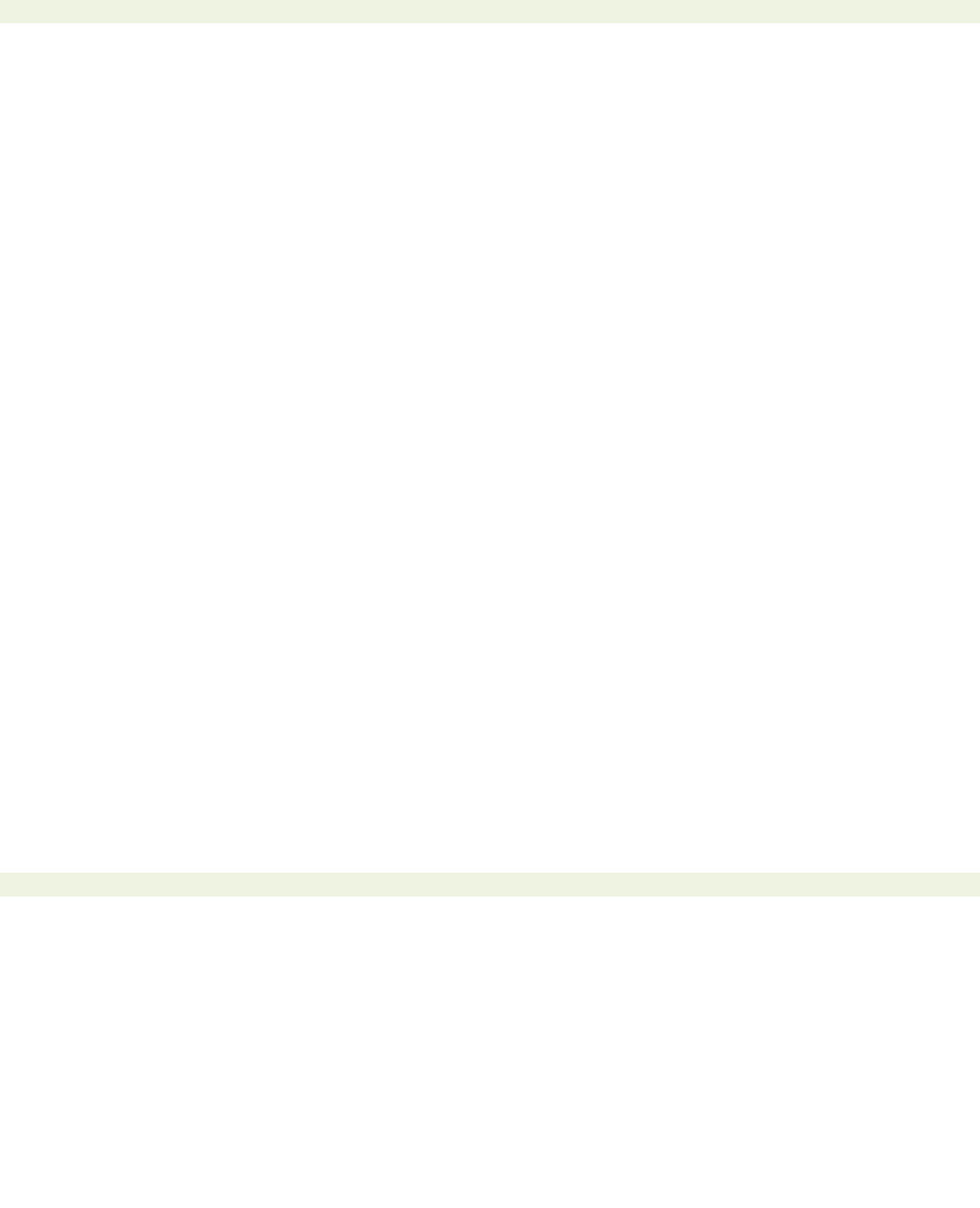
page_449
file:///C:/Users/User/AppData/Local/Temp/Rar$EX01.335/The%20War%20for%20America%20%201775-1783/files/page_449.html[1/17/2011 2:28:10 PM]
< previous page page_449 next page >
Page 449
other ship not employed in the western squadron should accompany them. By these dispositions the western
squadron would be relieved of responsibility for the trade. Its only mission would be to prevent invasion, and under
an able flag officer fifteen or twenty of the fastest two-deckers would be enough. Victualled for five months,
coming in to Torbay only when the enemy went into port, and hanging constantly on the skirts of the French fleet,
they could prevent it from passing invasion convoys across the Channel.1
These plans Sandwich submitted to Kempenfelt, who had no doubt discussed them with Middleton and endorsed
them whole-heartedly.2 It would be open to the enemy to detach to the North Sea from their own fleet to support
the Dutch; but he thought they were unlikely to penetrate the British scheme in time to disrupt it in the coming
summer. They would believe with good reason that we could not ward off simultaneously their blows in the West
Indies and in home waters. To save the West Indies we must accept inferiority at home, and rely on the army to
defeat invasion.
Four days after Middleton's memorandum reached Sandwich, the Cabinet agreed that the five provisional additions
to Rodney's force of fifteen should proceed, sailing singly as Middleton had suggested without waiting till all were
ready. Middleton's pressure may well have prompted the decision, for Sandwich appears to have remained hesitant.
A few days later he reported the 'good news' that de Grasse's fleet had been seen at Martinique, with only twenty-
eight sail including frigates, and with many topmasts down and signs of damage after its passage from America.
He concluded, too readily, that de Grasse had not brought the whole French fleet from America, and that Hood
would not be much inferior; and evidently he reopened the question of the five additional reinforcements, for three
days later North replied through Robinson that 'he thought it determined and fixed, and that there could not be a
doubt about it in his opinion'.3
Rodney, in the meantime, had been struggling to get away. From the ill-liked dockyard at Portsmouth he dropped
down to Plymouth, which he liked no better, and he was soon laying about him and stirring up the port authorities.
'I hate this place', he told his wife on Christmas day. 'I have taught them briskness and activity, which all the ports
much want.' Soon he was boasting of the quickened tempo: 'Such is the effect of fear. They knew there was no
trifling with me.' From Admiral Milbank he extorted the crews of ships in need of repair, leaving in exchange his
own sick in the hospital. Milbank complained to the Admiralty that Rodney had assumed
1 CL, Shelburne, Vol. 151, Nos. 7, 9; Barham, II, 3740.
2 Sandwich, IV, 802.
3 G 3487; Add. MSS. 38217, f. 231; Sandwich, IV, 229. For the composition of Rodney's reinforcement, see
note on p. 453 below.
29
< previous page page_449 next page >
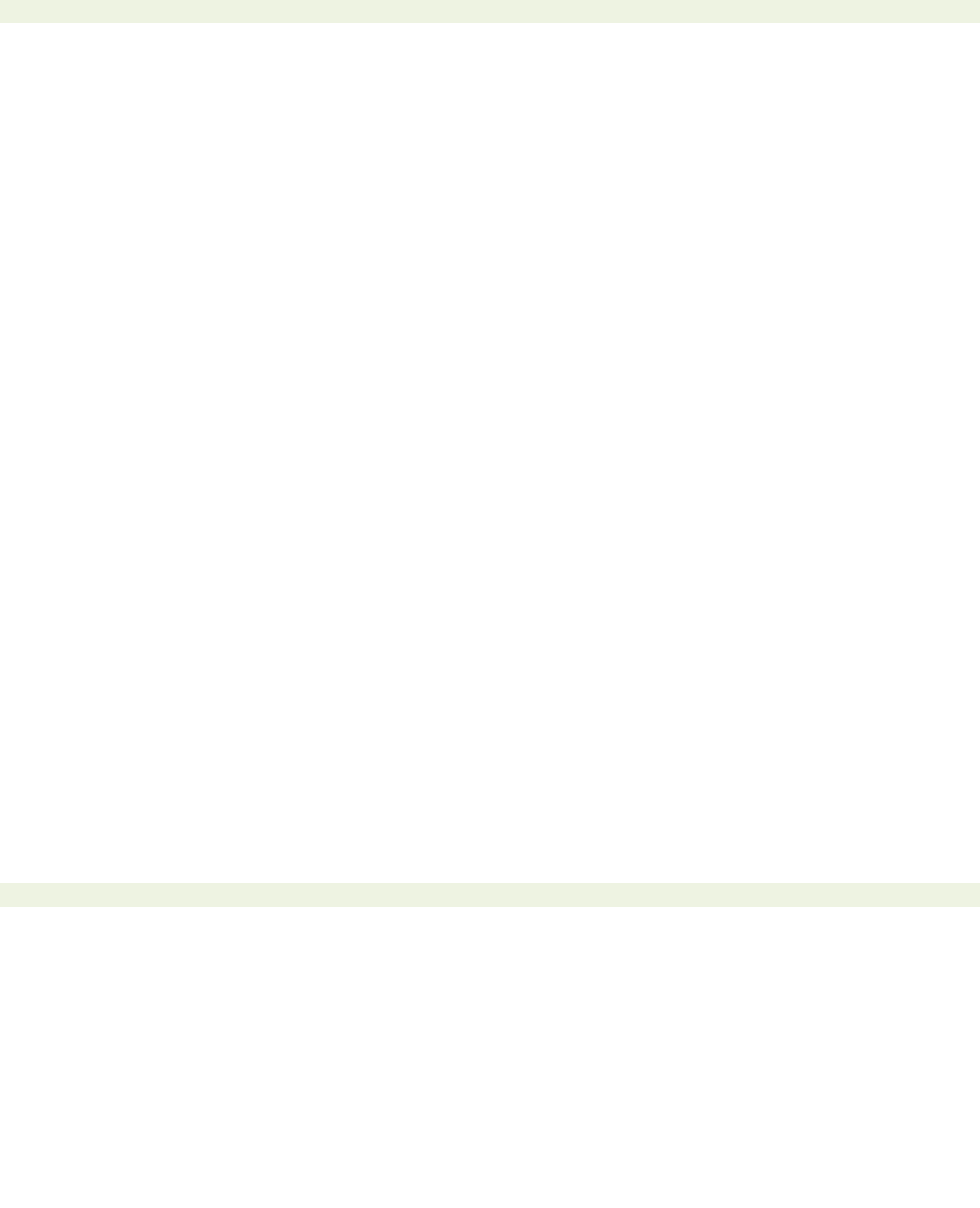
page_450
file:///C:/Users/User/AppData/Local/Temp/Rar$EX01.335/The%20War%20for%20America%20%201775-1783/files/page_450.html[1/17/2011 2:28:10 PM]
< previous page page_450 next page >
Page 450
the direction of all the ships preparing to join him. 'I certainly have', said Rodney, 'and have obliged their
commanders, and the officers of his Majesty's dock-yard here, to use every despatch possible in fitting them for
service.'1
By the end of the year nothing except the wind blowing up the Sound detained the Admiral in whose hands
Sandwich wrote that the fate of the empire depended. On 7 January the wind veered to the west; and by the 8th it
had come round far enough to the northward for Rodney to sail with twelve ships of the line and a promise of three
more to follow. Out in the Channel a violent contrary wind was blowing, and he put back to shelter in Torbay. But
on the 14th he cleared the land. The wind was a fierce westerly gale and the sea, mountains high, was rolling in
towards the Breton coast. To weather Ushant with a fleet in these conditions was no certainty, but Rodney knew
how much the public service urged the risk, and carrying a press of sail he cleared it by a mere two leagues.2
2
The Race Is Won
Rodney was fairly away; and as he departed, news came into London which lightened the prospect to the
westward. On Christmas day a gale had completed the business begun by Kempenfelt. Guichen's fleet was
scattered, and he had returned to Brest with most of the French West India reinforcement. Only Vaudreuil himself
with two ships of the line and a few transports proceeded to his destination, where he joined de Grasse on 2
February; and when the remainder sailed again in February Rodney was far ahead.
The squadron for India was commanded by Admiral Bickerton, and it sailed on 6 February. He was to keep well to
the westward to avoid the large enemy forces in Spanish ports, and refresh his ships at Rio de Janeiro if it was
necessary. East India Company messengers set out overland for India to arrange for frigates to meet him with the
latest intelligence as he approached Madras.3
Thus India and the West Indies were provided for, on a very large scale; and the future pattern of events in those
theatres was now virtually settled, so far as it was determined in Europe. There remained only details to be tidied
up: the disposal of the force at Jamaica, and the possibility of intercepting Guichen when he sailed again. As soon
as the news that he had turned back was known Stormont had sought royal assistance to hasten the Admiralty's
measures. The King responded with a letter which urged the First Lord to
1 Mundy, I, 214; II, 174, 176.
2Ibid., 176, 1823, 185, 195; Adm. 2/1341, f. 14. On investigation Williams (471) says that Rodney's criticism
of the dockyards 'seems generally without substance'.
3 Adm. 2/1341, ff. 10, 26.
< previous page page_450 next page >
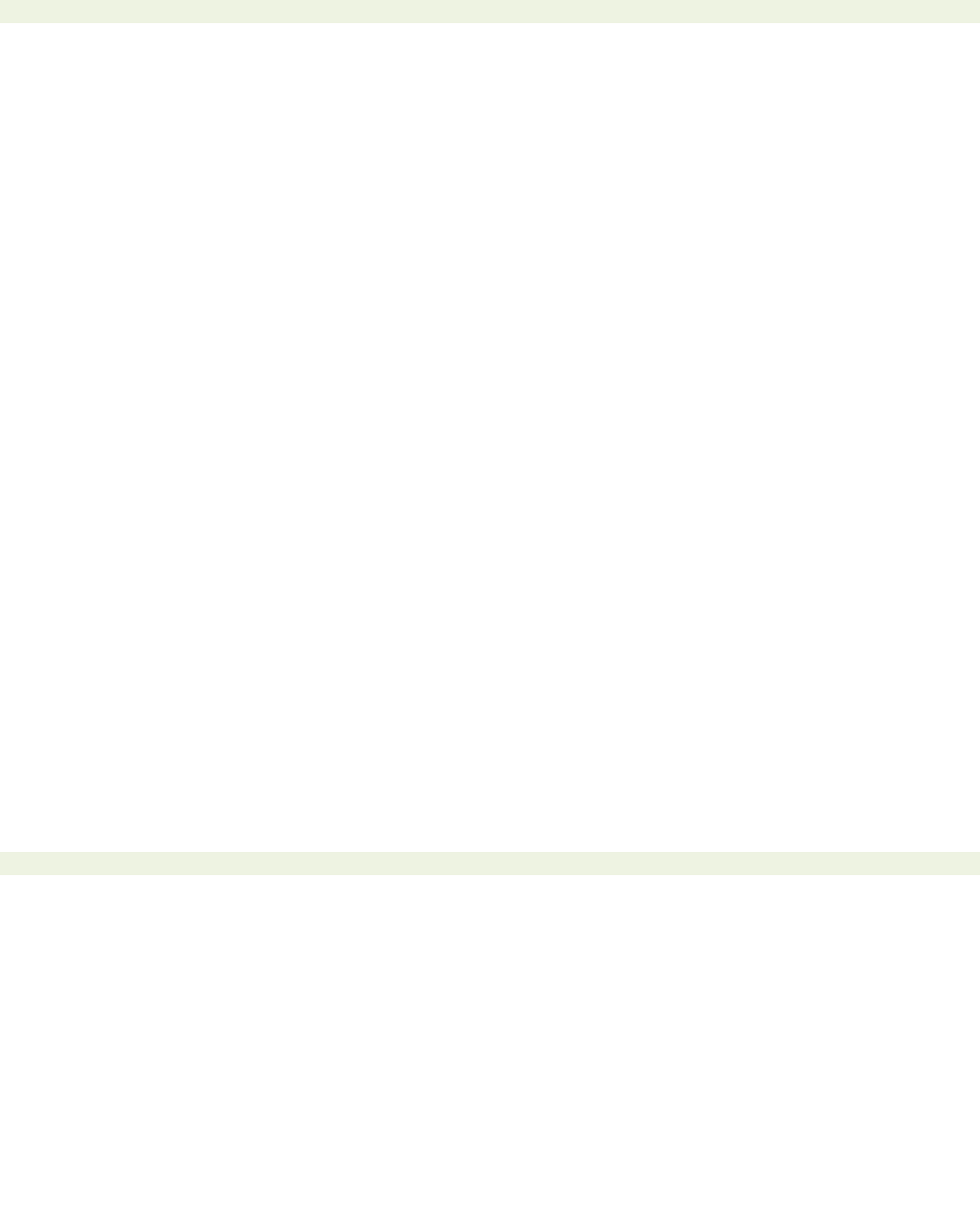
page_451
file:///C:/Users/User/AppData/Local/Temp/Rar$EX01.335/The%20War%20for%20America%20%201775-1783/files/page_451.html[1/17/2011 2:28:11 PM]
< previous page page_451 next page >
Page 451
strain every nerve to intercept the French; and falling into Sandwich's own idiom, he reminded him how much it
would strengthen his hand when he faced the coming naval enquiry in Parliament.1
Sandwich consulted Middleton, whose answer provides a comment on the view that in every circumstance the
proper policy was a close blockade of Brest. If the necessary force could indeed be prepared in time, by using the
ships which were preparing to follow Rodney, it would need up to a dozen frigates and four or five cutters to scout
for the enemy in the thick wintry seas. If the battle fleet cruised till March it would not be fit for further service till
May, and the frigates needed for early Atlantic convoys would be worn out. In spite of this effort Guichen might
nevertheless escape, and the West India ships would have to follow with all speed to join Rodney. But Middleton
believed that the proper place to intercept Guichen was at his destination. Hood's squadron should be collected at
Barbados in constant readiness to join Rodney, with its frigates thrown out in a long 150-mile chain to the
eastward, trusting to its windward position to deter de Grasse from attacking other islands in the meantime. As
soon as Guichen's convoy was sighted, Rodney should put out to destroy it.2
In spite of his advice, the Cabinet resolved on the following day to attempt the interception in Europe, and ordered
that the sailing of Rodney's five 'reserved' ships should be postponed. But evidently it proved impossible to collect
an adequate force, for Sandwich told Robinson a month later that the large detachments to the West Indies and
India put the interception of Guichen out of the question.3 Guichen sailed again on 11 February without
interruption, accompanied by three or four ships of the line for India, and two with a convoy for the West Indies.
Two of Rodney's 'reserved' ships had already been released to him, and sailed with a convoy of troops and stores,
under the protection as far as Madeira of Bickerton's East India squadron. His total reinforcement was thus
seventeen sail of the line.4
It was these West Indian arrangements which produced Germain's last dispute with Sandwich, By now their
disagreements were so notorious that Fox had said he would regard him as a principal witness when Sandwich was
impeached. Germain spent much of January at his Northamptonshire house for political reasons which will appear;
and shortly before his return
1 G 3494; Sandwich, IV, 823. 'You will do great service to this Kingdom and add considerably to your
popularity', Sandwich had told Hood in November.
2 CL, Shelburne, Vol. 151, No. 8 (16 Jan., Middleton to Sandwich): printed in Sandwich, IV, 7880 with
variations, and the suggested date December 1781, which from internal evidence cannot be correct.
3 G 3499; Abergavenny, 50.
4 See note below, p. 453.
< previous page page_451 next page >
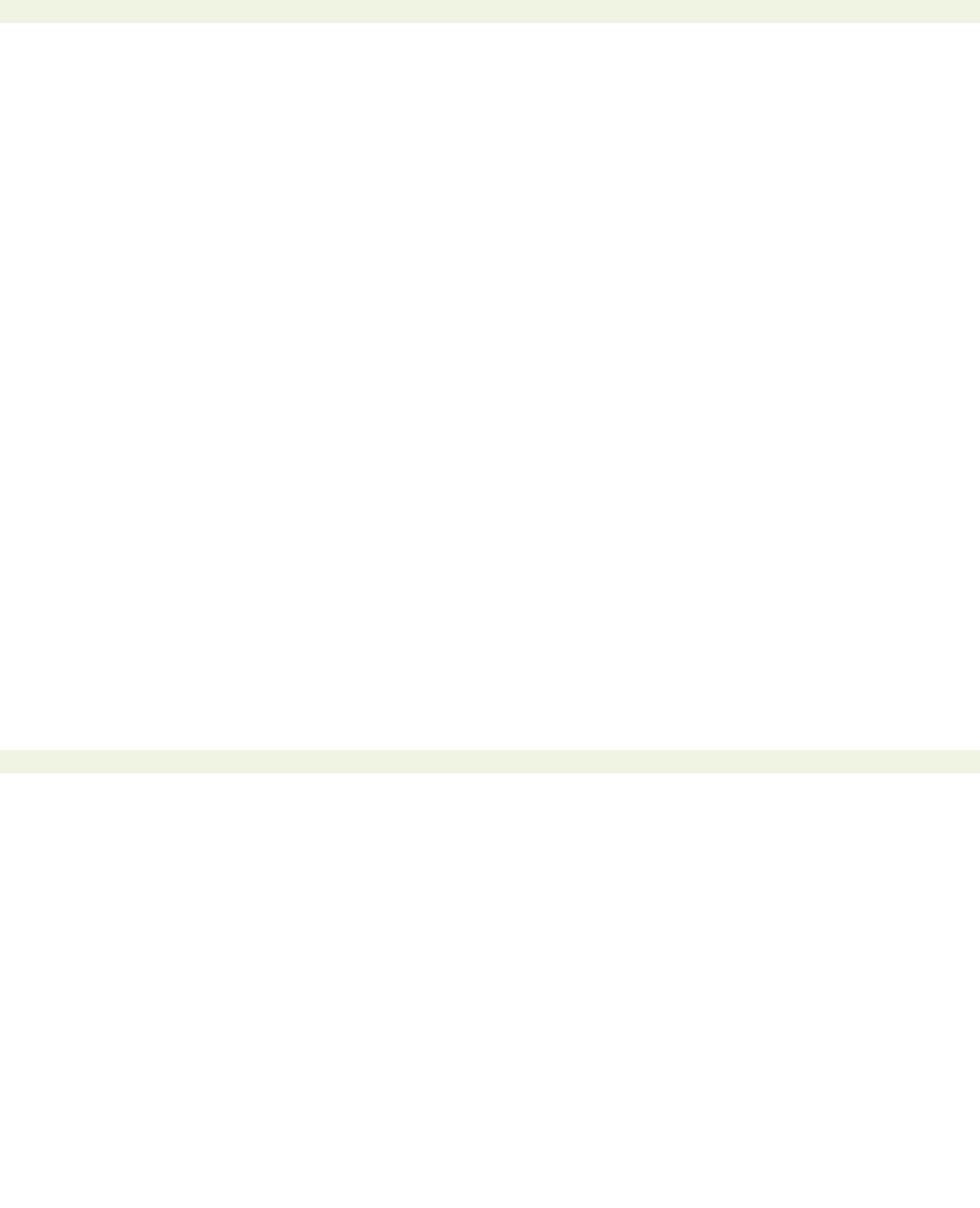
page_452
file:///C:/Users/User/AppData/Local/Temp/Rar$EX01.335/The%20War%20for%20America%20%201775-1783/files/page_452.html[1/17/2011 2:28:11 PM]
< previous page page_452 next page >
Page 452
the Cabinet resolved that the Admiral at Jamaica should send his capital ships to the Leeward Islands to strengthen
Rodney. Sandwich asked Knox to obtain a letter of authority for the order from the Secretary of State. At that
moment it was still thought that Guichen had got clear away with his reinforcement for the West Indies, and Knox
pointed out that by the time the order reached Jamaica, the whole French fleet would probably have gone down to
San Domingo, and that the Jamaica ships might then be intercepted as they beat up through the Windward Passage.
The draft instruction which he sent Germain for his signature made the arrangement depend on the enemy not
being before Jamaica. Germain strongly approved of the amendment, and in that form the order was sent.
Knox had told Sandwich that still more objectionable in Germain's eyes was a direction in the draft order that
Graves should remain with Rowley at Jamaica. Germain, he said, thought that Graves should be recalled for his
conduct off the Chesapeake; and if the Jamaica merchants learnt that he was to remain at Jamaica they would
demand Germain's removal. Sandwich replied that Graves's brother-in-law Lord North would not allow him to be
disgraced, and that instead of recalling him he would ask him privately to apply for leave to come home. To this
characteristic device Knox replied that it would mean a delay of six or eight months during which Graves might
succeed to the command of the whole fleet of England.1
The extent to which the indecisive battle off the Chesapeake had determined the fate of Cornwallis had yet to make
its full impact on the public, and judging by past precedents Graves's failure would certainly lead to a clamour
against him. At the end of January Germain demanded that he should be brought to trial. But Sandwich had had
enough of courts-martial, and properly replied that the Chesapeake despatch showed no criminality: 'for want of
success I can never allow to come under that description'. He refused to order a court-martial, unless sufficient
grounds were supplied by the American Department and the King's pleasure signified by an order from a Secretary
of State. Germain instructed Knox to prepare the material for the Admiralty; but the time had passed when an
individual would take the responsibility for the trial on his shoulders, and he refused to give the order till the papers
had been considered by the Cabinet. It was a curious encounter: Germain, whose life had been blighted by a court-
martial, seeking a scapegoat for Yorktown; and Sandwich, whose protection of Graves had hitherto been at the best
half-hearted, determined to save him from trial. But Sandwich had burnt his fingers already by court-martialling an
admiral who had failed to win a victory; while Germain, who had struggled to obtain his
1 G 3491; Sackville, II, 295; Adm. 2/1341, f. 2; Knox, Extra-Official State Papers, I, Appendix p. 7.
< previous page page_452 next page >

page_453
file:///C:/Users/User/AppData/Local/Temp/Rar$EX01.335/The%20War%20for%20America%20%201775-1783/files/page_453.html[1/17/2011 2:28:12 PM]
< previous page page_453 next page >
Page 453
own trial, held that an innocent man should not fear to face his judges. 'I would never', he had once declared in a
parliamentary attack on Lord Mansfield, 'oppose the minutest scrutiny into my behaviour. However much
condemned by the envy or malice of enemies, I would at least shew that I stood acquitted in my own mind. Qui
fugit judicium, ipso teste, reus est.' Sandwich's apology for Graves's supersession in America stands contrasted in
its tone and depths: 'In times such as these', he told him in the last days of the Ministry, 'it is not enough to have
drawn or executed instructions properly: blame must be laid somewhere, and it is a mere accident where the fault
will be laid.'1
Amid such manoeuvring and mutual mistrust the last days of the Ministry dragged out. Germain believed that the
dispersal of Guichen's fleet and Rodney's superior reinforcements ended the threat to Jamaica for the present year.
Intelligence, however, indicated that the enemy still intended the attack.2 Of Guichen's second departure there was
a stream of conflicting reports: he was to sail about 8 February with three ships of the line for the West Indies and
three, with two more en flûte, for India; or with five for the West Indies; with 3,500 troops, or with 5-6,000. At last,
on 23 February, a report arrived from the Arethusa, which had been watching Brest since Kempenfelt's return, that
on the 12th she had seen a large fleet coming out.3
1 Knox, 181; Marlow, 290; Sandwich, IV, 209. Graves was not court-martialled.
2 CO 137/82, f. 77; Adm. 2/1341, ff. 44, 45, 70.
3 Adm. 2/1340, f. 147; Adm. 2/1341, f. 75.
NOTE
Rodney's seventeen ships from England were made up as follows:
8
Nov.
8 in the original list; 1 Dec, to sail with him at once.
2 in the original list; 1 Dec, to follow with convoy.
18
Dec.
The two latter not to wait for convoy but to sail at once.
5 Channel ships added (Namur, Duke, Agamemnon, Hercules, Valiant)
2 newly commissioned ships provisionally added (Warrior, new;
Magnificent, from refit)
17
Also provisionally added but not eventually sent:
2 North Sea ships
1 just commissioned
20
< previous page page_453 next page >

page_454
file:///C:/Users/User/AppData/Local/Temp/Rar$EX01.335/The%20War%20for%20America%20%201775-1783/files/page_454.html[1/17/2011 2:28:12 PM]
< previous page page_454 next page >
Page 454
It was a gloomy scene as February drew into March. The French had recovered St Eustatius in a manner
disgraceful to the garrison; Minorca had unexpectedly surrendered; in the Leeward Islands Hood had been
contending with a force which outnumbered him by nearly two to one, and the fall of St Kitts was hourly expected.
Yet the prospect was not all darkness. Quebec and Nova Scotia were intact. The lodgments on the American coast
at New York, Charleston and Savannah could not be disturbed by the rebels without a French fleet. And though
India and Jamaica were threatened, reinforcements were on their way which would turn the scales and alter the
course of the war.
3
Victory
To the Americans Yorktown had opened a splendid vista. With the French commanding the sea, they could treat
the British positions along their coast as marooned detachments, to be punched out one by one with the help of
Rochambeau's troops; and Washington was eager to strike at once against Charleston or at least the little post at
Wilmington. But the vision faded. De Grasse had his obligations to the Spaniards, whose ambitions lay in the
Caribbean; and once again the Spanish alliance was drawing the French away from their own obligations. His
allotted time in America was spent; and the victors parted, looking forward to renewed co-operation in 1782 for the
capture of Charleston or New York. De Grasse removed all his ships of the line from American waters,1 and
without them Washington could not move his siege guns south against Charleston.
The British had never doubted that the French would return to take the offensive in the West Indies after the
hurricane months. The disaster in the Chesapeake did not shake this view; and on his return to New York Hood
announced that he would return to the Caribbean, reinforced with every ship which the American command could
spare. Against his strong objections Graves sailed for Jamaica in the London as he had been ordered, taking a
seventy-four to a station where she would be useless; but Digby responded with four ships of the line, followed by
two more in December when the enemy's intentions were clarified. Few, perhaps, of his predecessors would have
done as much, and this disinterested conduct, which left him with only a single ship of over fifty guns on the
American station, brought much relief when it was known in London on 16 December. 'Admiral Digby cannot be
sufficiently recommended', Germain told the King.2
1 He left only the two-decked frigate Romulus of 44 guns, which had been used in the line by the Rhode
Island squadron and is sometimes mistaken for a ship of the line.
2 Sandwich, IV, 197215; Adm. 1/490, passim; G 3471.
< previous page page_454 next page >
